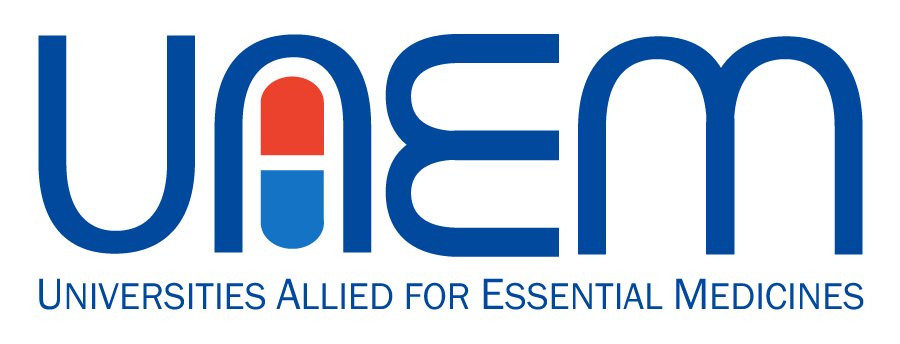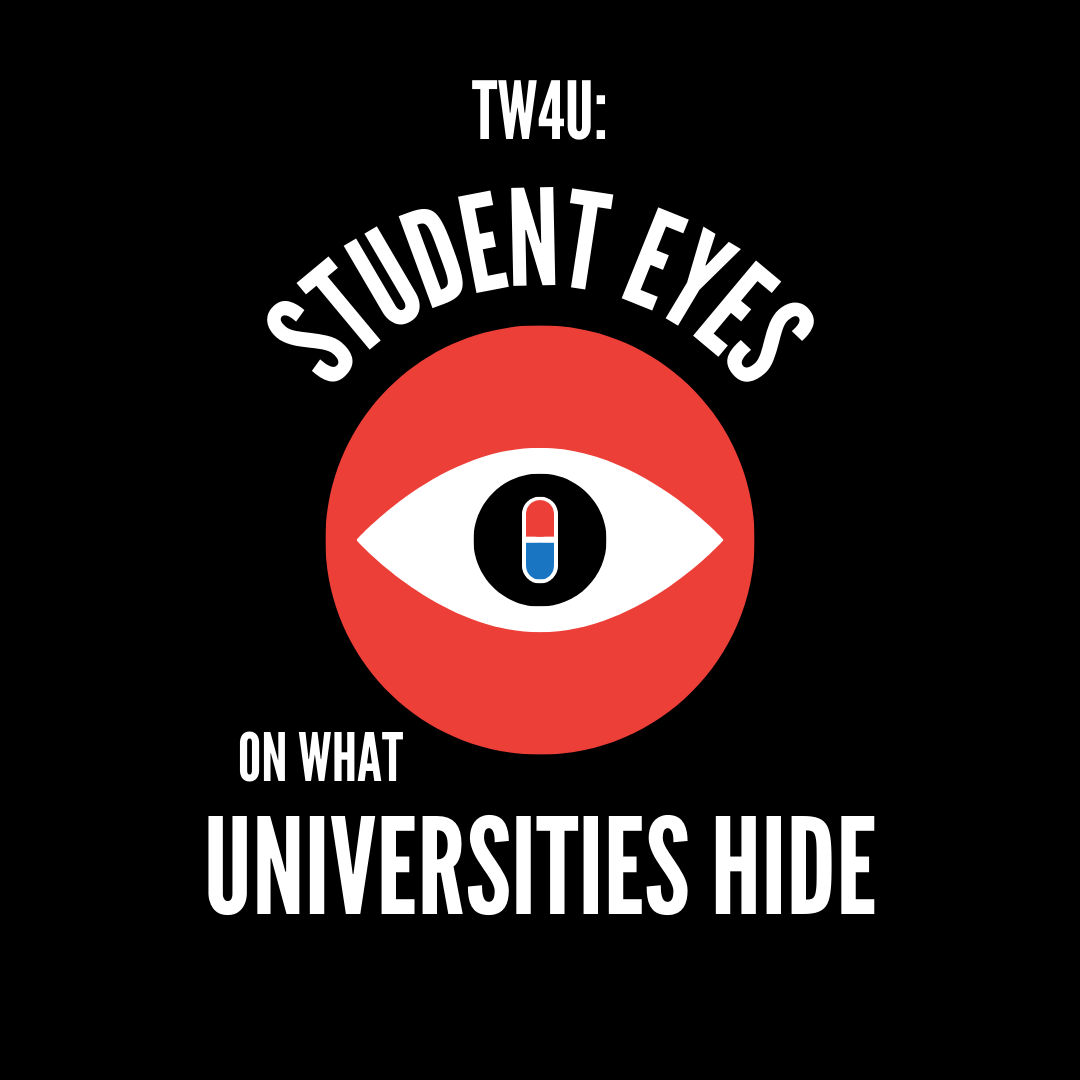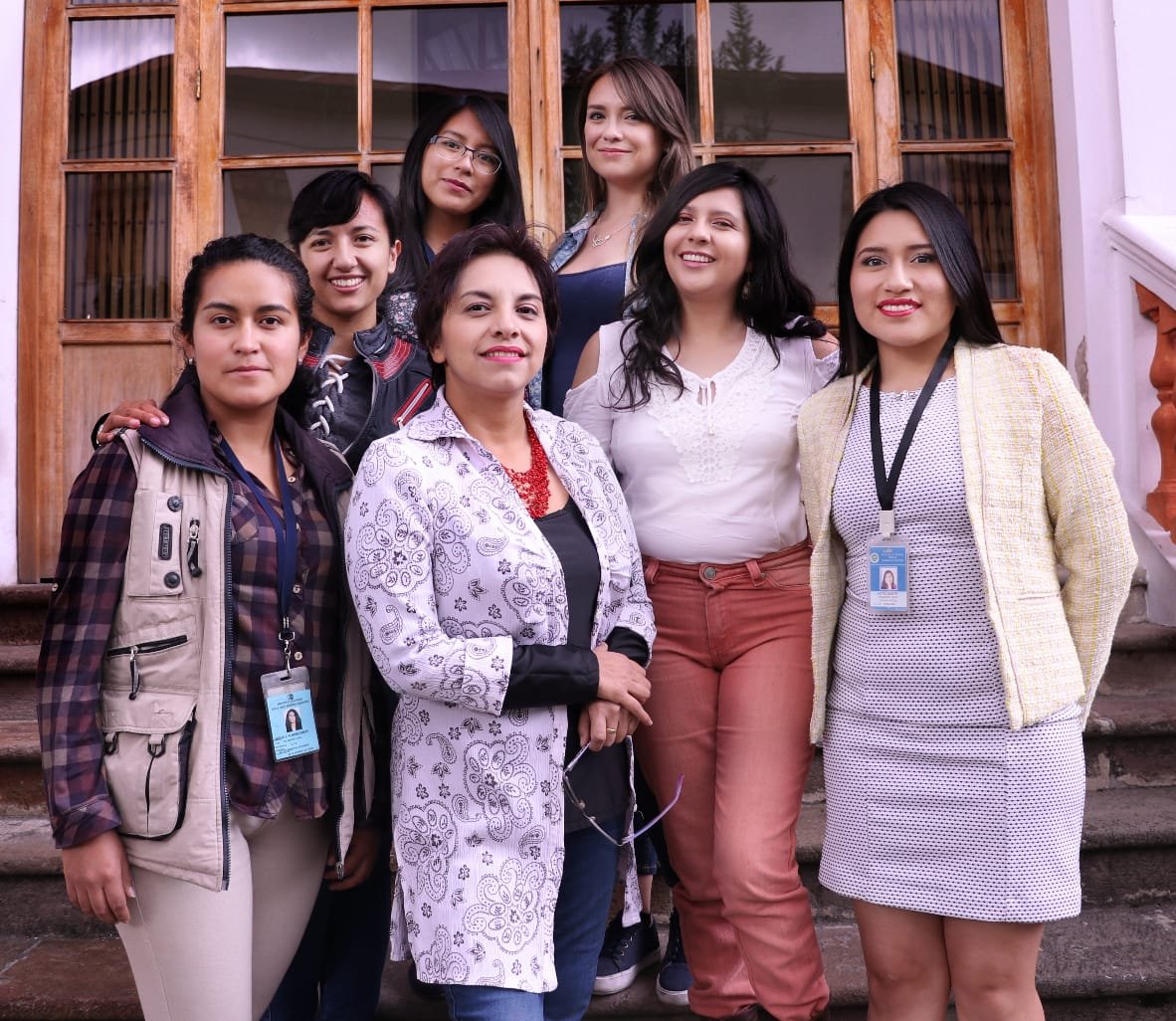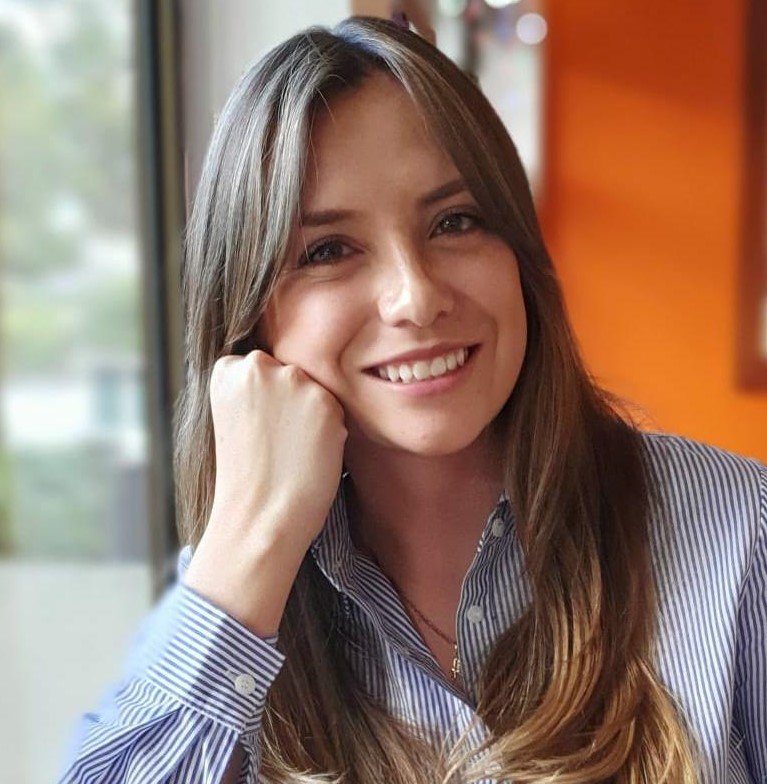UAEM Latin America
UAEM Latin America is made up of chapters across Brazil, Colombia, Ecuador, and other nations in Latin America. Founded in 2010, UAEM Latin America has been focused on bringing voices from the Global South into the access to medicines movement, and advancing policies that can decolonize global health.
Our History
-
In 2010, a first chapter of UAEM was created at the University of São Paulo (USP), in Brazil. Supported by UAEM North America, Drugs for Neglected Diseases (DNDi) Latin America, the Center for Studies and Research on Health Law (CEPEDISA/USP), the Brazilian Interdisciplinary Aids Association (ABIA) and other partners, a small group of law students started to organize events and meeting to discuss the impact on intellectual property policies on the right to access to essential medicines. The debate soon involved students in Rio de Janeiro and, in 2013, the Universidades Aliadas pelo Acesso a Medicamentos Essenciais - UAEM Brasil was legally registered as a not-for-profit and non-governmental organization based in Rio de Janeiro, Brazil. The organization has grown in the last years, bringing together students from different backgrounds, levels of experience and expertise to form a diverse and dynamic group of researchers and activists that develop projects and campaigns at a local and/or national level.
UAEM Brasil is organized in chapters at universities or cities and, currently, the organization has members in ten cities in 4 of the 5 Brazilian regions. The students are organized in 4 groups related to UAEM’s International Strategic Plan’s goals (access, innovation, empowerment and sustainability) and another one focused on communication. A key passion shared by Brazilian UAEMers has been the defense of the Brazilian National Health System: SUS (Unified Health System) – which is believed to be the best strategy to ensure universal access to medicines and equity in health.
For some initial years, UAEM Brazil work was mainly focused on raising awareness at universities and on the Internet about the negative effects of intellectual property and the profit-driven biomedical research system on health and supporting IP and access-related actions and campaigns organized by and with partners. This work has been really important to build UAEM’s presence in the access to medicines movement in Brazil. We have been invited by different professors in different universities to give lectures regarding access to medicines, intellectual property, global health, neglected diseases, the importance of public investments in health research, the importance of universities for the Brazilian National Health System (SUS), etc. In 2020, we were invited by the Federal University of Rio de Janeiro to be their partner, along with ABIA, in a full year IP-related project, which organized virtual events on the knowledge, health and public interest and 2-day workshop on the importance of pre-grant opposition to patents.
UAEM Brazil works and is part of two important civil society organized networks: GTPI (Intellectual Property Working Group, coordinated by ABIA) and the Fórum Social Brasileiro para Enfrentamento de Doenças Infecciosas e Negligenciadas (Brazilian Social Forum to Cope Infectious and Neglected Diseases). Working with partners has been really important to amplify all our voices during the challenging times Brazil faces since 2015/2016. In 2021, UAEM contributed to two important IP-related wins in Brazil: in May, five years after being instigated by a case UAEM helped to build and start along GTPI and other partners, the Supreme Court decided to exclude from the Brazilian Patent Law a TRIPS-plus article that allowed patents to last more than 20 years in Brazil. The decision affected nearly 3,500 patents related to health. In September, after more than a year of legislative and general campaign, the Congress passed a Law to facilitate the use of compulsory licenses in Brazil in emergency times.
In the last years, being a more consolidated organization within the access to medicines movement and the general public health community in Brazil, UAEM could advance independent work. In 2020, we launched our podcast — Entropia — that has had more than 1000 plays on its 20 episodes that debate global health, intellectual property, neglected diseases and interview key inspirational people for the access to medicines movement in Brazil, like Jorge Bermudez and Eloan Pinheiro. Also in 2020, as part of UAEM’s global campaign Free the Vaccine, UAEM Brasil started its first campaign targeting a university in Brazil to debate its intellectual property policies during the pandemic. The students created a handmade medicine box called solidarivir that was locked and they delivered it to the Federal University of Minas Gerais’ (UFMG) Technology Transfer Office with an also handmade key where one could read the name of more than 300 members of the UFMG community who signed a petition demanding that all Covid-19-related technologies developed by the university where licensed in a non-exclusive and free-of-charge way. We had several meetings with the university TTO and, in the end, the university decided to analyze each case to decide on the type of licensing. This first experience was important for UAEM Brazil’s students and our campaign even got in the press, which showed the students that we are ready to start focusing more on our own independent and unique work targeting Brazilian universities and research institutions.
UAEM Brazil/Latin America has an Executive Director as its only staff, who is supported by an external accountant company. In late 2022, an advisory board was established to support UAEM Brazil and there are plans to, in the future, turn this body into a Latin American advisory board for UAEM Latin America. UAEM Latin American executive director’s CV can be found below:
-
In the last 6 years, new student chapters have been started in Latin American countries,such as Argentina, Colombia, Ecuador and Peru. UAEM Argentina and Colombia were the first chapters of UAEM Latin America outside Brazil. The Argentinian chapter was started in Cordoba by students from different fields and universities while the Colombian chapter was started in Bogotá by pharmaceutical chemistry students at the National University of Colombia (UNAL). The Argentinian group was successful in organizing some events and actions but has struggled to be kept active after some students graduated. On the other hand, two more chapters were started in Bogotá and there are ongoing conversations of starting another one outside Bogotá. The Colombian chapters have organized events, campaigns, reports and participated actively in UAEM Global’s activities. UAEM Colombia has had the support of other Colombian organizations within the access to medicines movement, such as IFARMA, and worked together on national issues. In 2019, representatives of UAEM Argentina and UAEM Colombia were invited to UAEM Brazil's National Annual Meeting, in Rio de Janeiro. It was the first time that representatives from all countries where UAEM was based in Latin America back then were reunited, which represented a first step towards the integration of the Latin American chapters.
In the last three years, new chapters were started by medical/pharmaceutical students in Ecuador and Peru. While the Ecuadorian chapter counts with the official support of professors at the Central University of Ecuador, the Peruvian one is dependent on students who are about to graduate.
A long-term effort is needed to integrate these chapters into a sustainable and coherent regional organization: UAEM Latin America. Although UAEM Brazil is still the legal entity that leads the region, we have already slowly started the process to understand ourselves as a regional group. The Covid-19 pandemic and the need of social distancing made it more difficult to keep the speed in advancing these chapters’ integration, but even in this challenging scenario, efforts in this sense were intensified. In 2020, we started a first regional project to fight fake news related to Covid-19 by sharing evidence-based information on all of our social media profiles in the two different languages: Portuguese and Spanish. In 2021, we had our first UAEM Latin American Conference, which was held online and had as its main theme “global health decolonization”. In 2022, the second UAEM Latin American Conference was also held online with the theme “Global South partnerships for the access to medicines: resistance stories and new paths”. In 2023, we expect to have, for the first time, the UAEM Latin American Conference in person, in Colombia. As a Global South organization, UAEM Latin America has also tried to adopt the decolonizing approach to its work and advocacy.
-
De estudante para estudante: acesso a tecnologias em saúde, ciência aberta, inovação, saúde pública, universidades e ativismo estudantil. Entropia é o podcast da UAEM Brasil pela democratização do acesso à saúde e ao conhecimento e transformação social.
The Latest:
Resources
Leadership
-
Student leaders across UAEM Latin America help us build campaigns and represent the region to the access to medicines community. Meet our student leaders below.
-
A chapter is the basic unit of UAEM’s organization. It is a group of self-organized students and in some cases, young professionals, primarily based at an academic institution, often with faculty support. Latin American Chapters range in size, from more intimate groups of 2 or 3, to larger gatherings of around 30 or more students.
In Latin America, chapters organize on a local, national and international level, having virtual and physical meetings to collaborate on activities.
UAEM Latin America has grown rapidly and it's currently present in Brazil, Argentina, Colombia and Ecuador. Find your chapter! You don't have one at your university? Start one!
Join UAEM Latin America to let your voice be heard.
UAEM Latin America Student Leaders














